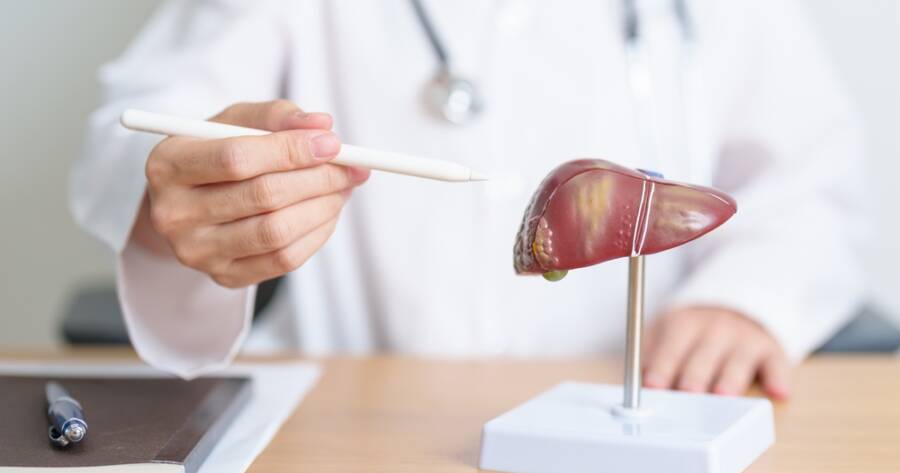Nonalcoholic steatohepatitis (NASH) is a type of liver disease that can cause serious problems. It develops when fat builds up in the liver, leading to inflammation and liver damage. Let’s explore how NASH is treated and managed to improve quality of life and prevent further liver damage.
Understanding NASH Liver Disease
NASH liver disease is part of a group of conditions known as nonalcoholic fatty liver disease (NAFLD). It occurs when fat accumulates in the liver, but the key difference with NASH is that it causes inflammation and scarring. If left untreated, NASH liver disease can lead to cirrhosis, liver failure, or even liver cancer.
People with obesity, type 2 diabetes, high cholesterol, and high blood pressure are at higher risk of developing NASH. It is important to diagnose NASH early to avoid severe liver complications.
Lifestyle Changes for NASH Management
The first step in managing NASH liver disease is adopting healthier lifestyle habits. Doctors often recommend weight loss to help reduce fat in the liver and prevent further damage. Losing about 7-10% of body weight can have a significant impact on liver health.
In addition to weight loss, regular exercise plays a key role in managing NASH. Physical activity helps control weight and reduces inflammation in the body, including the liver. A balanced diet, low in sugar and unhealthy fats, is also essential for managing NASH. Doctors often suggest the Mediterranean diet, rich in vegetables, fruits, whole grains, and healthy fats like olive oil, which may improve liver health.
Medications for NASH Treatment
Resmetirom (Rezdiffra) is the first medication approved to treat NASH liver disease. Additionally, some medications can help manage related conditions. For example, medications that control blood sugar, cholesterol, and blood pressure can support liver health.
In certain cases, doctors might prescribe vitamin E or other antioxidants to reduce inflammation in the liver. However, these treatments must be closely monitored by healthcare providers, as they may not be suitable for everyone. New drugs specifically targeting NASH are being researched, and in the future, these might offer more effective treatment options.
Managing Advanced NASH
For some people, NASH liver disease may progress to more severe stages, such as cirrhosis or liver failure. If this happens, more aggressive treatments may be required. In advanced cases, liver transplant may be the only option if the liver is too damaged to function properly.
Although this is a last resort, liver transplants have been successful in improving the lives of patients with end-stage liver disease. However, the best way to avoid reaching this stage is through early diagnosis and management of NASH.
The Importance of Regular Monitoring
Regular monitoring is critical in managing NASH liver disease. Doctors usually recommend blood tests, imaging tests, and sometimes liver biopsies to assess the health of the liver.
These tests help track whether the condition is getting worse or if treatments are helping. Keeping in touch with your healthcare provider ensures that any changes in your liver health are addressed quickly, preventing further complications.
Learn More About NASH Liver Disease
Managing NASH liver disease requires a combination of lifestyle changes, medications, and regular check-ups. While there is no specific cure yet, early diagnosis and proactive management can help slow the progression of the disease.
By adopting a healthier lifestyle, monitoring your liver health, and working closely with your doctor, you can reduce the risk of serious liver problems and maintain better overall health.
